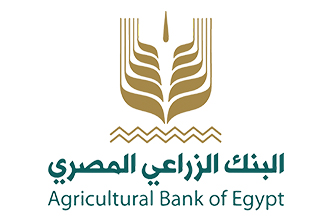Agricultural Bank of Egypt (ABE) is considered to be one of the biggest agricultural banks in the Arab world and Middle East. It is one of the oldest financial institutions that adopted banking concepts in Egypt.
The Agricultural Bank of Egypt (ABE) was founded in 1930, with a clear objective of developing Egypt’s agricultural sector. In the following years the bank grew rapidly to become the largest financial institution in the Arab world serving the specific interests of the farming community.
The Agricultural Bank of Egypt was established with a capital of one million pounds and the Royal Decree of the Egyptian Agricultural Credit Bank.
In 1931, during the global economic crisis, its main aim was to provide loans to Egyptian farmers and protect them from foreign banks and moneylenders. It was originally named 'The Principal Bank for Development and Agricultural Credit,' however, in 2016, renamed 'The Agricultural Bank of Egypt.'
ABE’s operations are carried out through a network that encompasses an administrative head office in Cairo, and about 1200 district branches and village banks. The bank currently employs approximately 17,000 staff and serves over 3 to 4 million farmers and other rural dwellers.
The Agricultural Bank has placed the development of the Egyptian countryside at the top of its priorities, through its constantly developed services and products; as it is currently financing modern irrigation systems and the use of renewable energy in the field of agriculture, which is in line with the directions of the state.
It cooperates with financial institutions and government agencies to expand the circle of support for the Egyptian farmers despite the high risks that impede other financing sources in this sector, in addition to its role in financing major companies and providing products that suit different segments of the public in villages other than farmers.


















